Have you ever come across a cat with a coat so uniquely beautiful that it left you mesmerized? Meet the dilute tortoiseshell cat, a stunning feline whose soft, muted colors set it apart from other cats. Unlike the vibrant black and orange of traditional tortoiseshells, dilute torties boast a gentle blend of blue and yellow hues, creating a pastel-like appearance that is both rare and enchanting.
What makes dilute tortoiseshell cats so special is not just their distinctive coloration, but also their captivating personalities and fascinating history. These cats are known for their spirited and independent nature, often described as having a unique “tortitude” that endears them to their owners. Originating from a genetic variation, dilute tortoiseshells can be found across several breeds, each bringing their charm to this exquisite color pattern. Whether you’re a seasoned cat enthusiast or new to the world of felines, the dilute tortoiseshell cat will surely captivate your heart with its exceptional beauty and character.
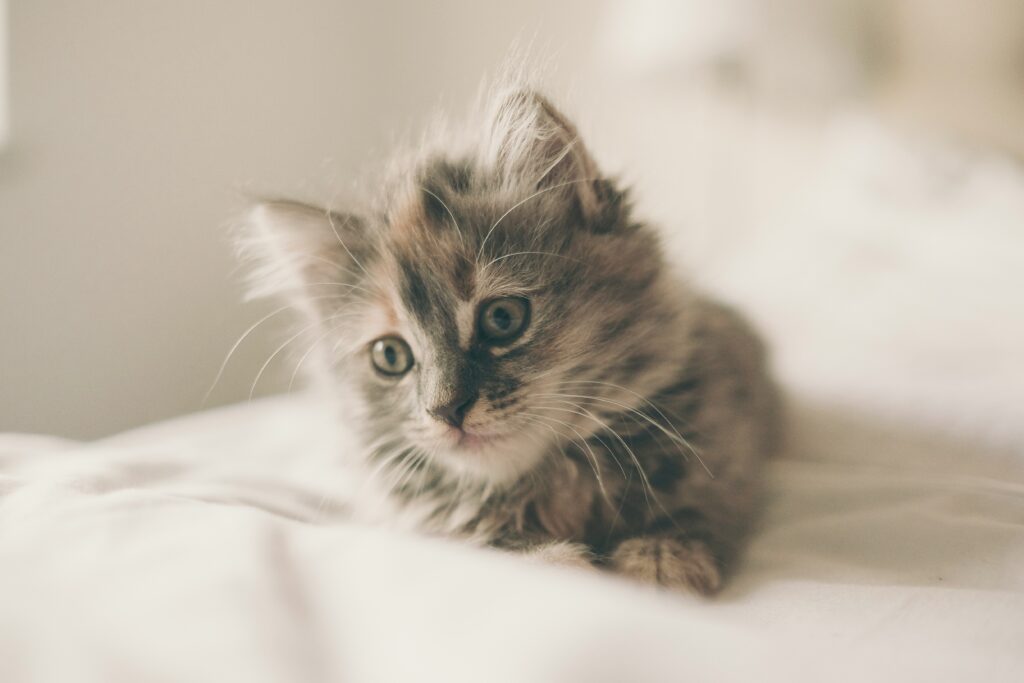
What is a Dilute Tortoiseshell Cat?
These cats are a variation of the traditional tortoiseshell, characterized by a blend of colors in their fur. While standard tortoiseshell cats display a mix of bold, vibrant black and orange patches, dilute tortoiseshells feature a softer, more muted palette. Their coat typically consists of blue (a diluted form of black) and cream or yellow (a diluted form of orange), giving them a pastel-like, almost ethereal appearance.
The difference between standard and dilute torties lies primarily in the intensity of their coat colors. Standard tortoiseshells are known for their striking, high-contrast coloration, whereas dilute torties have colors that appear more faded and subtle. This dilution of colors occurs due to a specific genetic variation, which reduces the pigmentation in their fur, resulting in the softer hues of blue and yellow. This rare and beautiful combination makes dilute tortoiseshell cats stand out, adding charm and elegance to their already captivating presence.
Are Dilute Tortoiseshell Cats Rare?
While dilute tortoiseshell cats are not extremely rare, they are certainly less common compared to many other cat colorations and breeds. Their unique blend of muted colors—soft blues and creams instead of the traditional bold black and orange—makes them a special find for cat enthusiasts.
In comparison to other cat breeds and coat patterns, dilute torties occupy a unique niche. Standard tortoiseshell cats themselves are relatively common, especially in domestic short-haired and long-haired breeds. However, the genetic variation that creates the dilute effect is less frequently seen, making these cats more uncommon than their standard counterparts. This rarity does not extend to the point of being exceptionally hard to find, but it does mean that they are less likely to be encountered in everyday cat populations.
When it comes to availability, dilute tortoiseshell cats can be found in various breeds, including Maine Coons, Cornish Rexes, and American Shorthairs, among others. To find a dilute tortie, prospective owners might need to search more diligently. Checking with reputable breeders who specialize in breeds that carry the dilute gene is a good starting point. Additionally, animal shelters and rescue organizations occasionally have dilute torties available for adoption, though finding one may take some time and patience.
How Much Does a Dilute Tortie Cat Cost?
The cost of a dilute tortoiseshell cat can range from $500 to $2,500. This price range is determined by a number of criteria, including the cat’s lineage, the breeder’s repute, and the rarity of the specific breed.
- Pedigree: Cats with a well-documented pedigree from reputable breeding lines tend to be more expensive. A pedigree ensures that the cat’s lineage is known and that it has been bred for specific traits, including health, temperament, and appearance.
- Breeder Reputation: The reputation of the breeder plays a significant role in the cost. Breeders who are known for ethical practices, proper care, and high-quality breeding standards often charge more for their kittens. These breeders invest significantly in the health and well-being of their cats, including regular veterinary care, proper nutrition, and socialization.
- Breed Rarity: The rarity of the breed also affects the price. Dilute tortoiseshell cats are not a separate breed but a color variation found in several breeds. If the color variation is rare within a particular breed, the cost is likely to be higher. For example, a dilute tortie Maine Coon might be more expensive than a more common color variation within the same breed.
Tips for Finding Reputable Breeders:
- Start by looking for breeders who specialize in the breed you’re interested in.
- Visit the Breeder: If feasible, tour the breeder’s facilities to see how the cats are raised.
- Check Certifications: Look for breeders who are certified by or affiliated with reputable cat breeding organizations, such as the Cat Fanciers’ Association (CFA) or The International Cat Association (TICA).
- Contracts and Guarantees: A good breeder will provide a contract that includes health guarantees and a return policy in case the cat has any health issues.
Dilute Tortoiseshell Cat Lifespan and Health
Dilute tortoiseshell cats, like most domestic cats, typically enjoy a long and healthy life, with an average lifespan ranging from 12 to 16 years. However, with proper care and attention, some dilute torties have been known to live into their late teens and even early twenties.
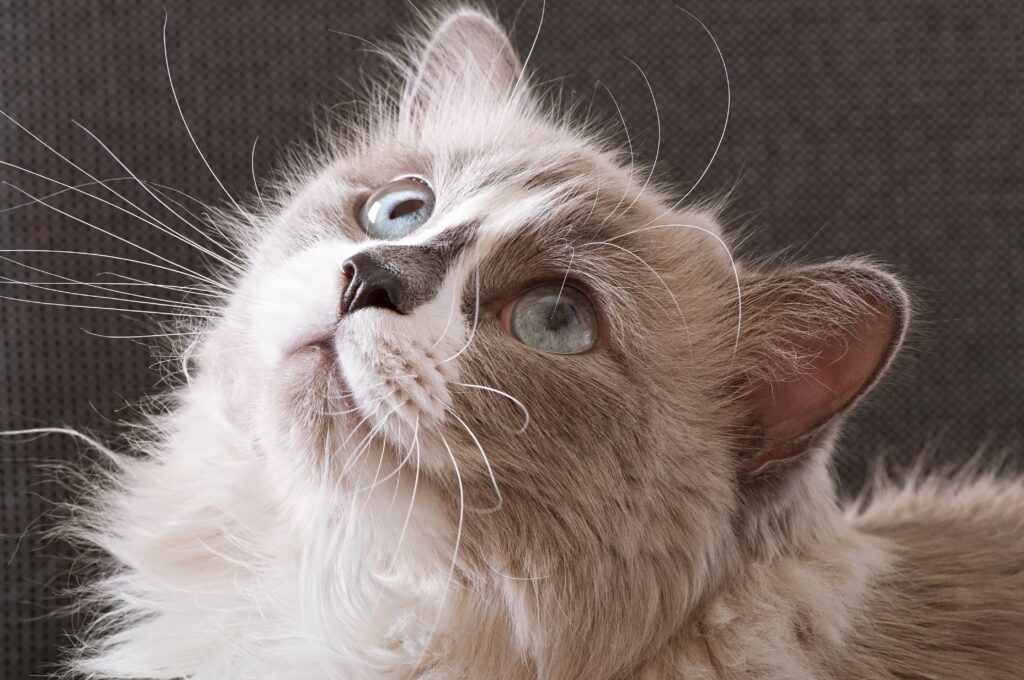
Health Considerations Specific to Dilute Torties
While dilute tortoiseshell cats are generally healthy, their unique coloration does not inherently predispose them to any specific health issues. However, as with all cats, they can be susceptible to common feline health problems. These include:
- Obesity: Proper diet and regular exercise are crucial in preventing obesity, which can lead to other health issues such as diabetes and joint problems.
- Dental Disease: Regular dental care, including brushing and professional cleanings, can help prevent dental disease, which is common in cats.
- Kidney Disease: Chronic kidney disease is a prevalent issue in older cats. Regular vet check-ups and monitoring can help catch this condition early and manage it effectively.
- Genetic Conditions: If a dilute tortie is part of a specific breed, it may inherit genetic conditions common to that breed. For instance, Maine Coons are prone to hypertrophic cardiomyopathy, a heart condition.
Importance of Regular Vet Visits
Regular veterinary visits are essential for maintaining the health and well-being of your dilute tortoiseshell cat. Potential health problems can be identified and treated early thanks to these examinations. Key aspects of regular vet care include:
- Vaccinations: Keeping your cat’s vaccinations up to date helps protect against various infectious diseases.
- Parasite Control: It’s critical to treat and prevent parasites like as worms, fleas, and ticks on a regular basis.
- Dental Check-Ups: Routine dental exams and cleanings help prevent and treat dental disease.
- Routine Blood Tests: Especially for older cats, routine blood tests can detect issues like kidney disease or hyperthyroidism early, allowing for more effective management.
Unique Facts About Dilute Tortoiseshell Cats
Cats with diluted tortoiseshell coats are distinguished by their distinct colors and fascinating features. The following are some amazing details regarding these unique cats:
Common Breeds with Dilute Tortie Variations:
- Maine Coons: Known for their large size and tufted ears, Maine Coons can display the delicate blue and cream coloring of dilute tortoiseshells.
- Cornish Rexes: Recognized by their short, curly fur and slender build, dilute tortie Cornish Rexes sport a soft, wavy coat in pastel colors.
- American Shorthairs: This breed, known for robust health and longevity, can also exhibit dilute tortie coloration, adding a unique twist to their coat patterns.
Gender Distribution:
- The majority of dilute tortoiseshell cats are female due to genetics. Females have two X chromosomes (XX), allowing for the blue and cream coloring. Male dilute torties (XY) are rare and often sterile due to genetic abnormalities like Klinefelter syndrome (XXY).
Cultural Beliefs and Folklore:
- In various cultures, tortoiseshell cats are considered symbols of good luck and are believed to bring prosperity.
- Folklore attributes them with magical properties, such as the ability to see into the future or ward off ghosts.
Caring for a Dilute Tortoiseshell Cat
Caring for a dilute tortoiseshell cat, whether they have long or short hair, involves focusing on grooming, diet, exercise, and regular health checks to ensure their well-being:
Grooming Needs:
- Long-Haired Dilute Torties: Require regular brushing a few times per week to prevent mats, with more attention during shedding seasons. Some owners opt for professional grooming to trim fur around the rear area.
- Short-Haired Dilute Torties: Benefit from regular brushing to minimize shedding and remove loose hair. Occasional baths may be needed, but cats generally groom themselves well.
Diet and Hydration:
- Quality Food: Provide a balanced diet of high-quality cat food tailored to their age, health, and activity level.
- Fresh Water: Ensure access to fresh water at all times to promote hydration, crucial for overall health.
Exercise and Mental Stimulation:
- Playtime: To keep your dilution tortoiseshell cat mentally and physically busy, engage them in interactive play sessions.
- Toys: Offer a variety of toys that encourage exercise and mimic natural hunting behaviors, such as feather wands and interactive puzzles.
Health Monitoring:
- Regular Vet Visits: Schedule annual veterinary check-ups to monitor overall health, address concerns promptly, and stay updated on vaccinations and preventive care.
- Dental Care: Monitor dental health and provide dental treats or toys to promote oral hygiene.
Conclusion
Regardless of whether a dilute tortoiseshell cat has long or short fur, proper grooming, nutrition, and exercise are essential for maintaining their health and pleasure. While short-haired dilute torties benefit from care to reduce shedding, long-haired ones need frequent brushing to avoid matting. To keep their health, both kinds thrive on a well-balanced diet and frequent exercise.
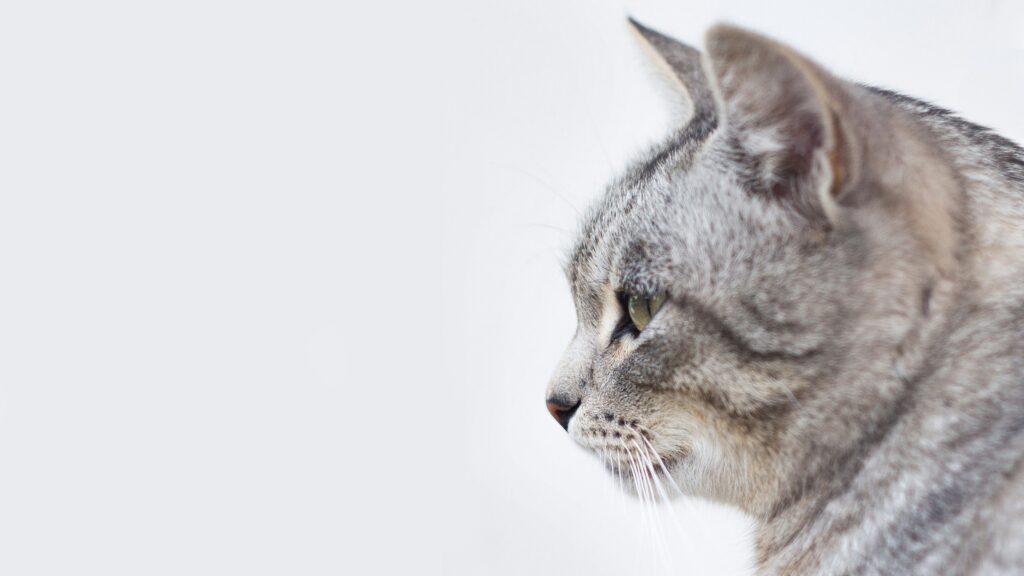
Adopting a dilute tortoiseshell cat can bring unique joy into your life. Their striking coat colors and spirited personalities, often referred to as “tortitude,” make them charming companions. Whether they’re playfully chasing toys or curling up in your lap, dilute torties bring warmth and affection to any home.
The benefits of having a dilute tortoiseshell cat go beyond their beauty. They frequently develop close relationships with their owners and show adoration and loyalty. Their presence can brighten your day and provide companionship for years to come. If you’re looking for a cat with personality and charm, consider welcoming a dilute tortoiseshell into your family—you won’t be disappointed.
Read More:

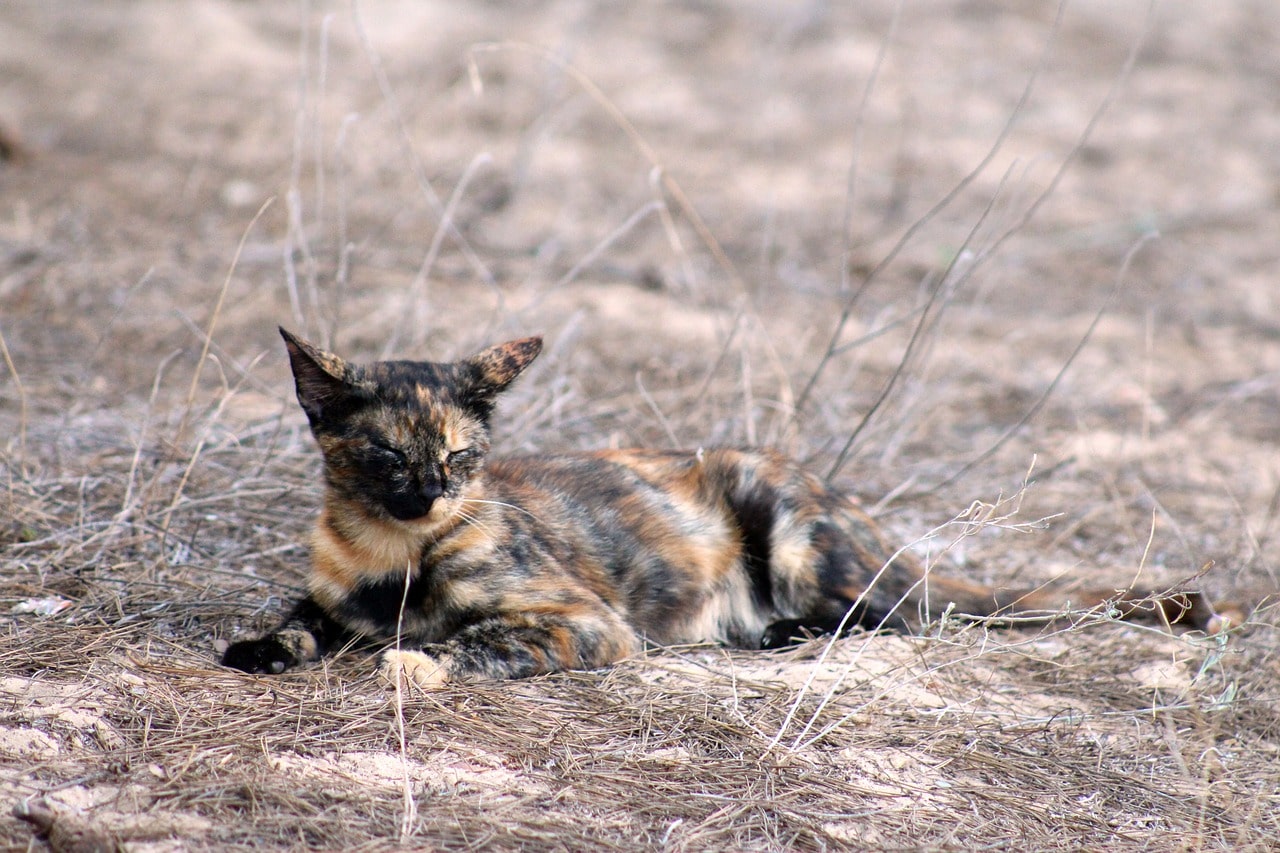
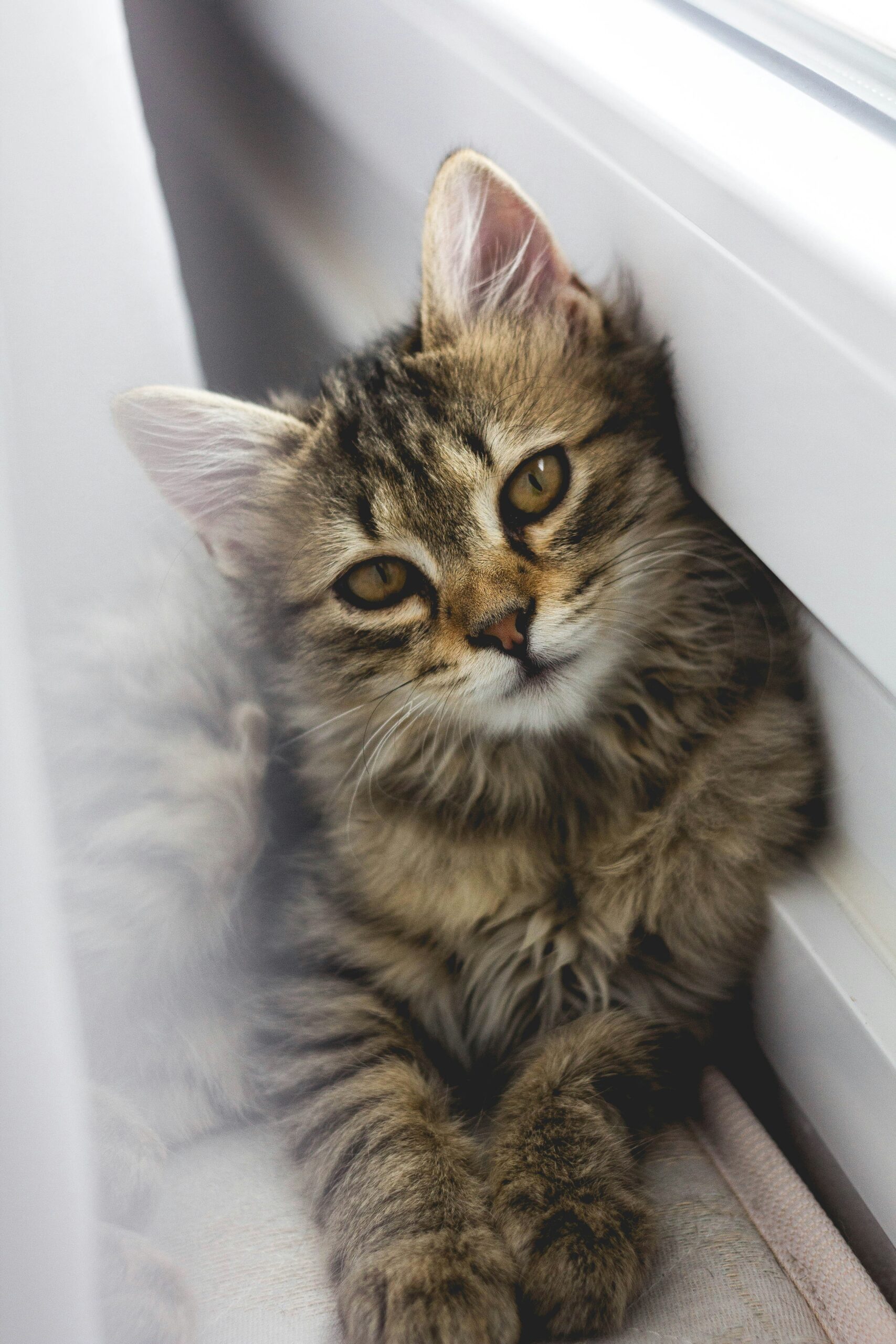
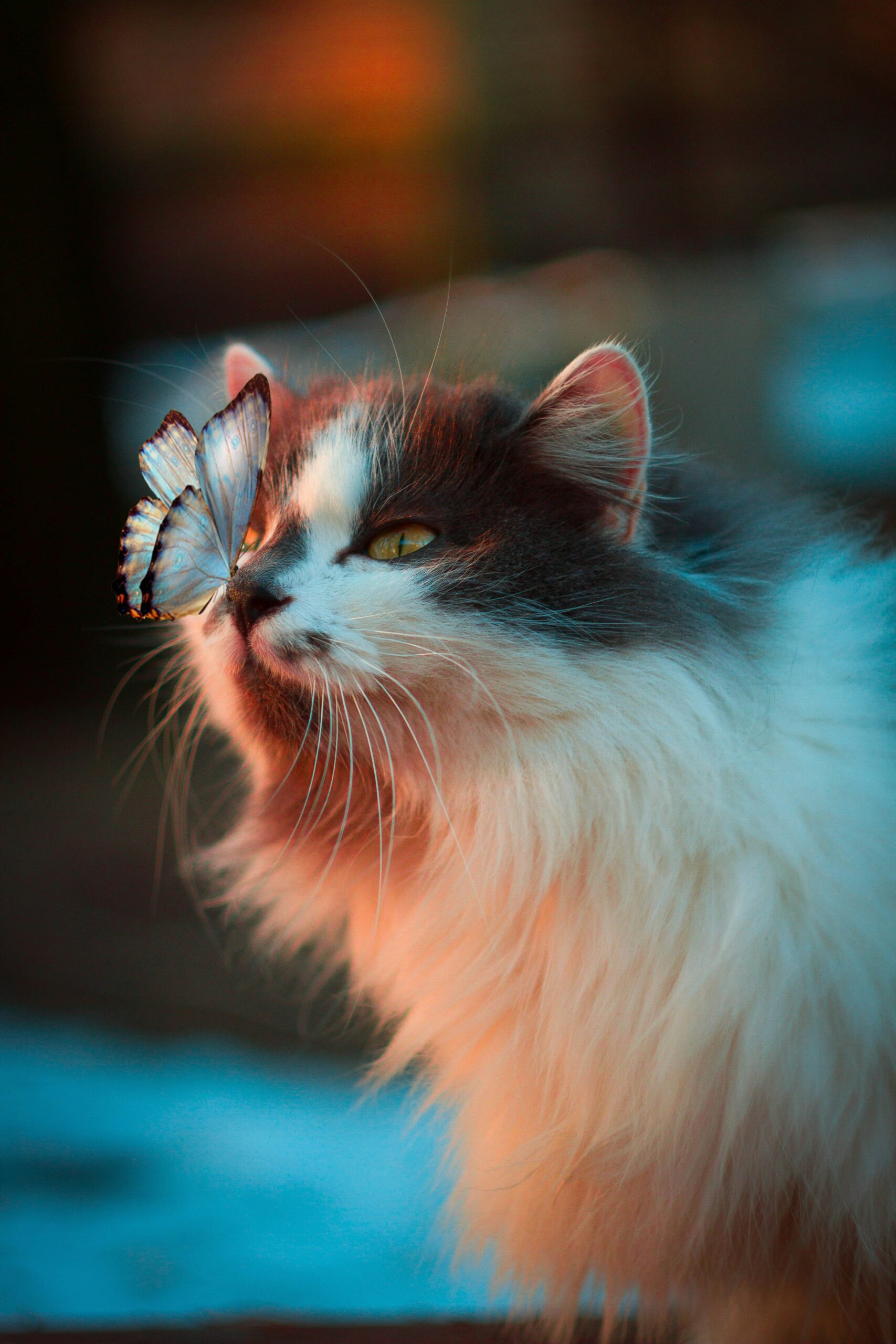
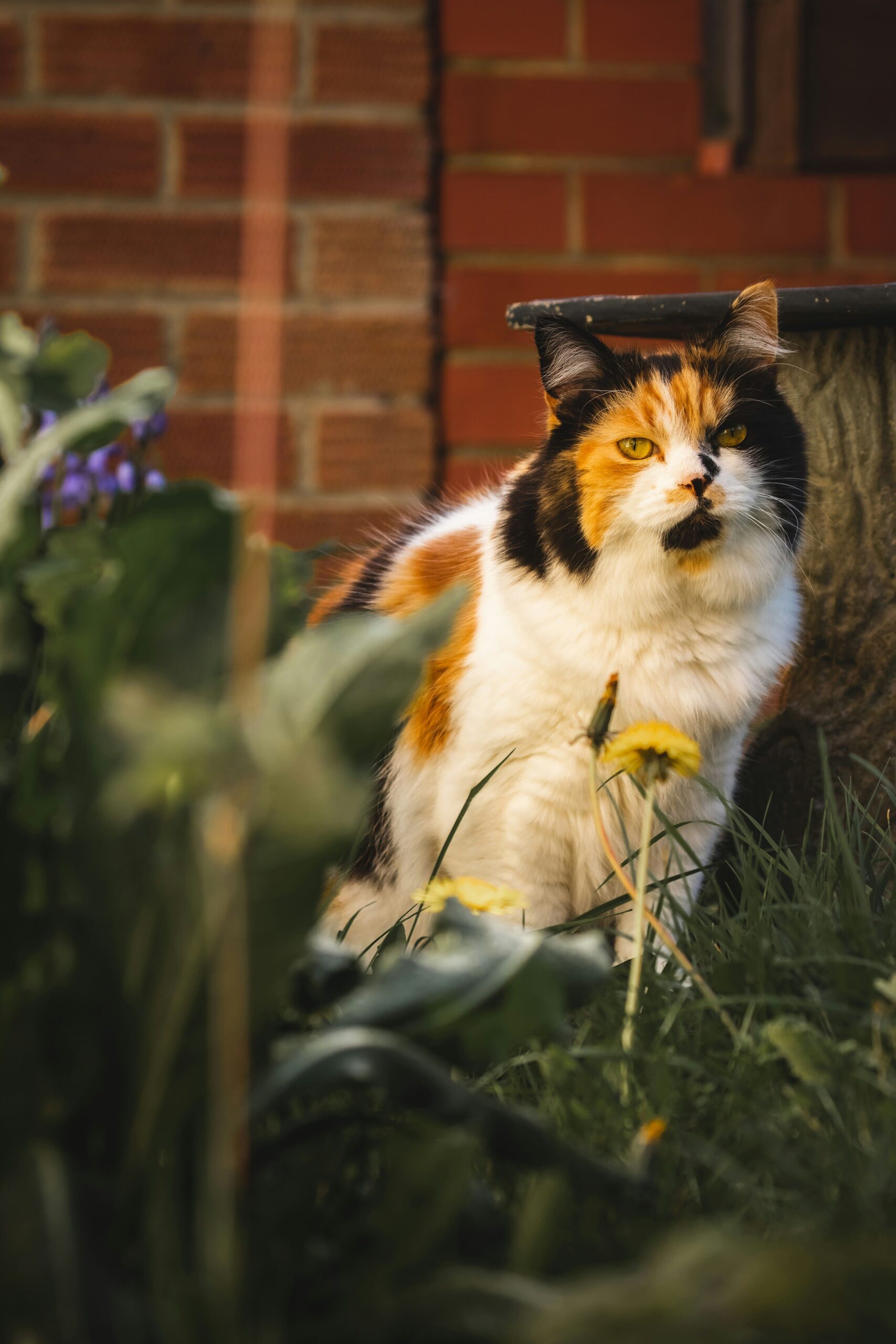
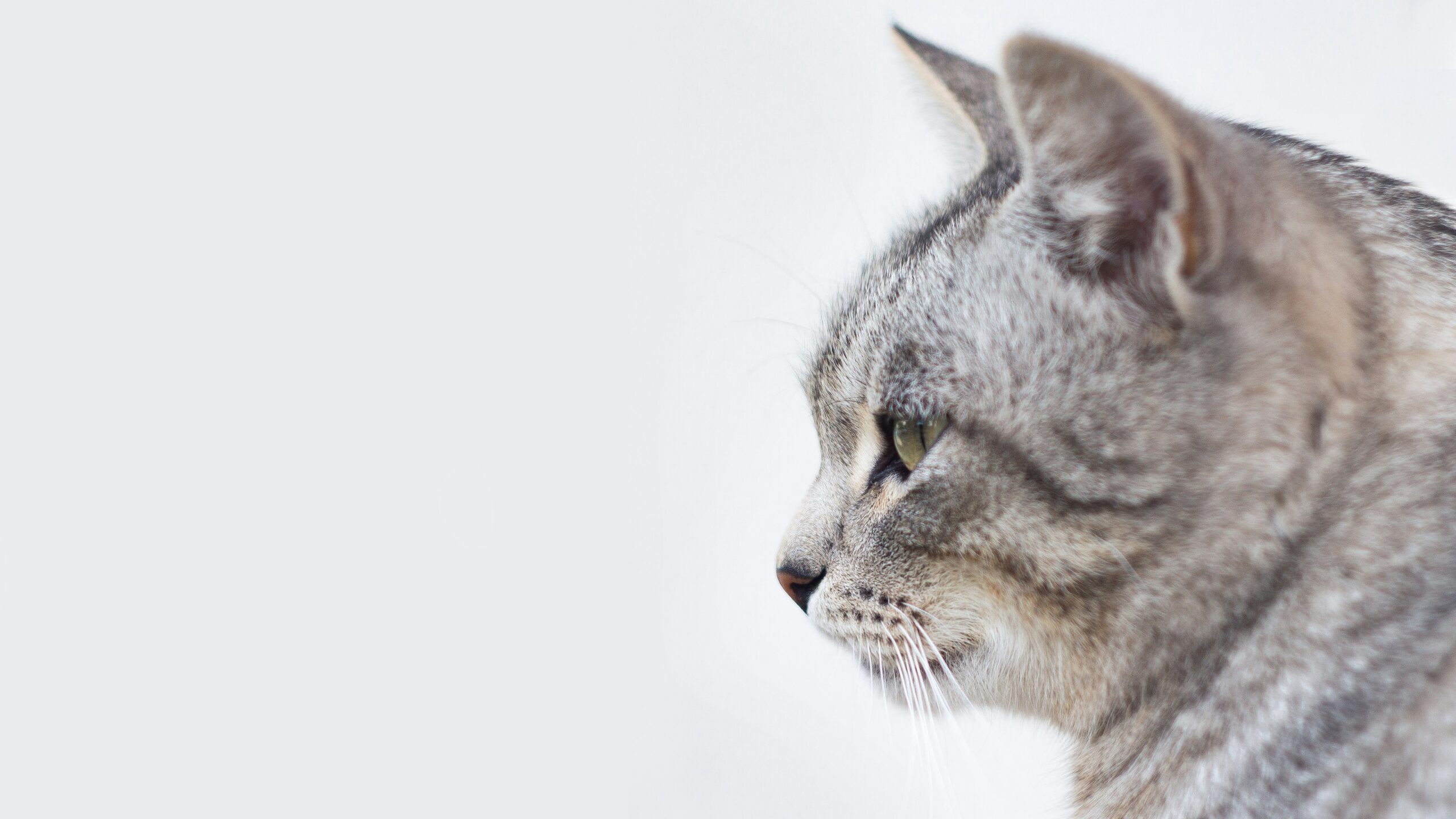

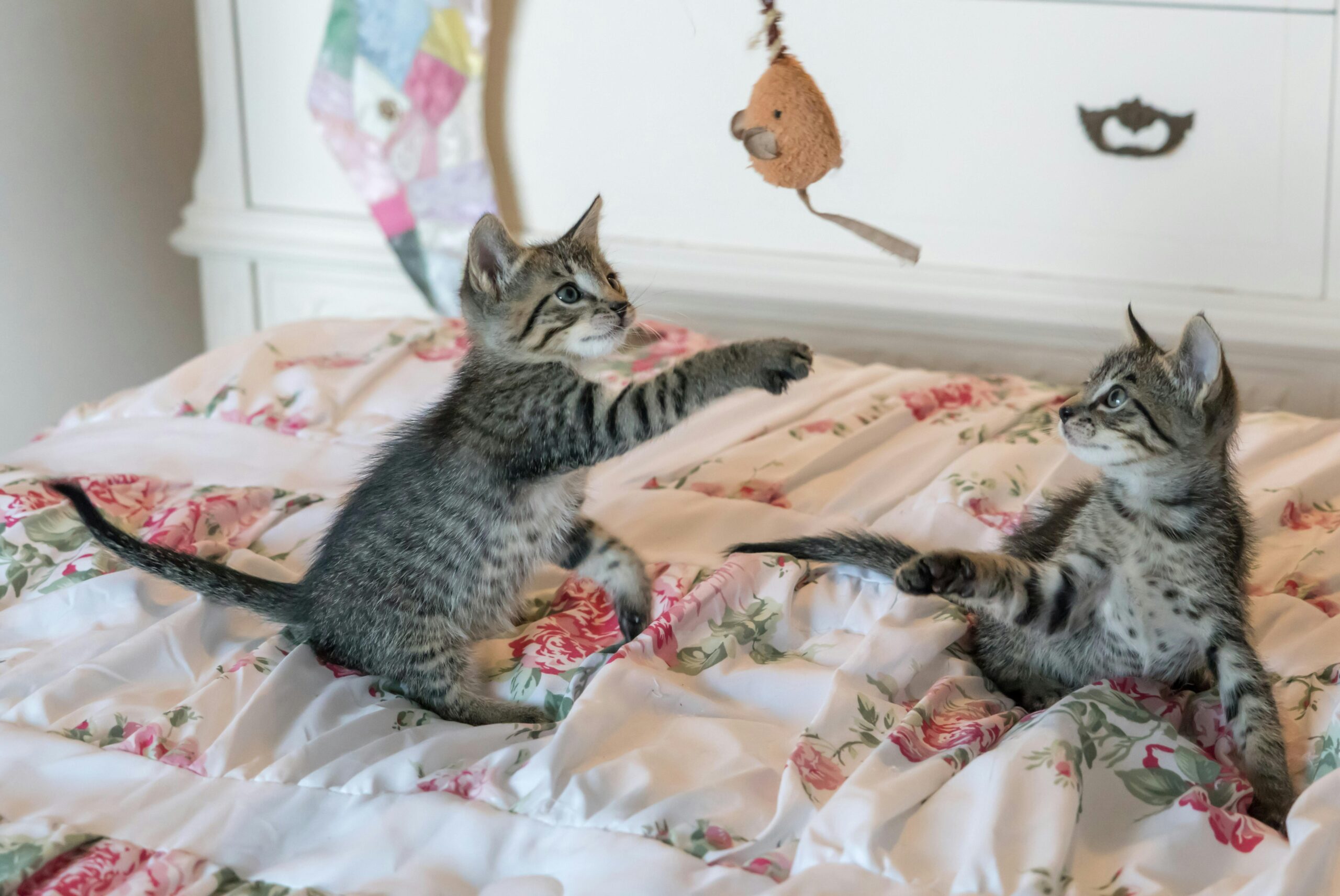
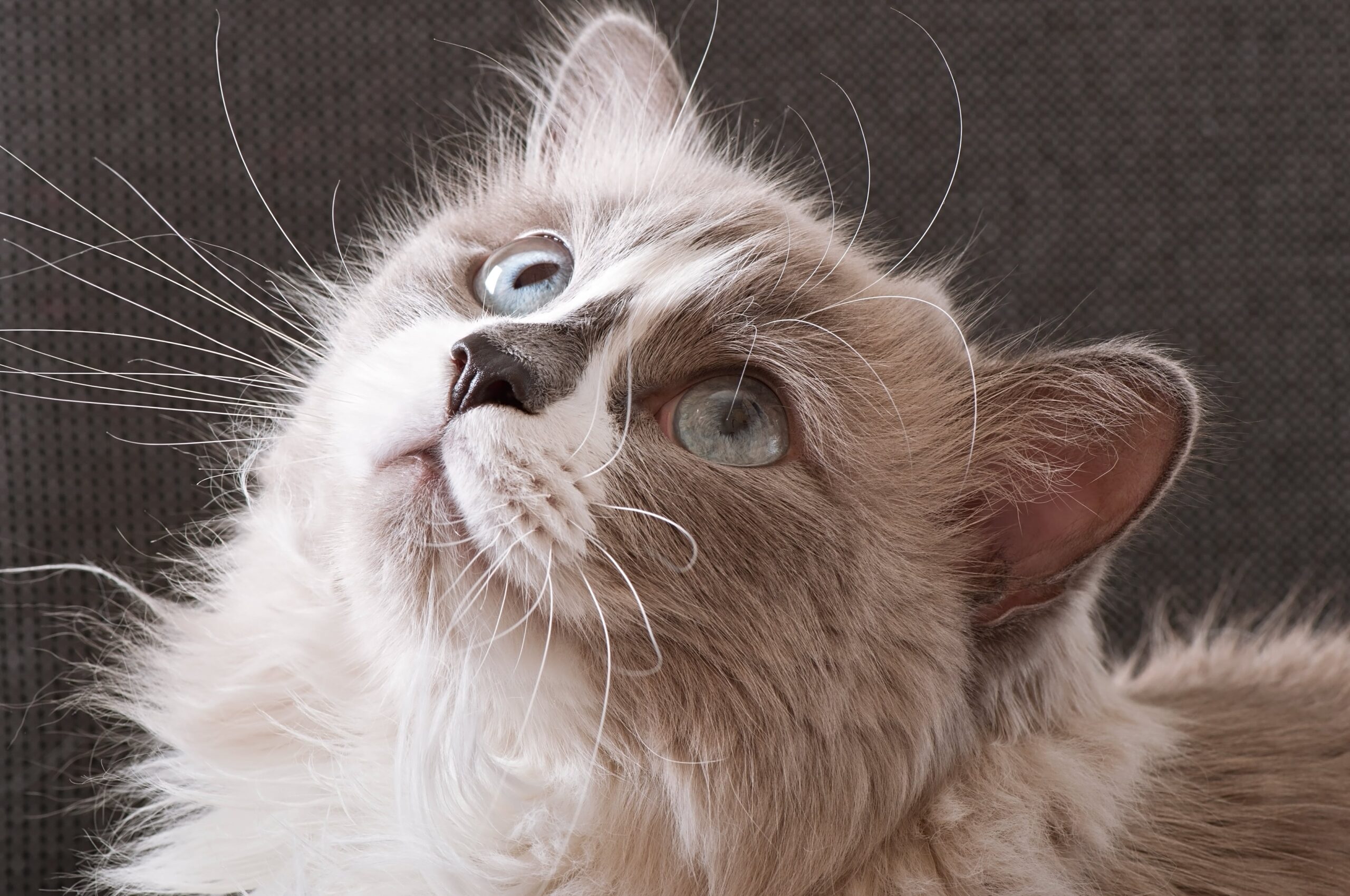
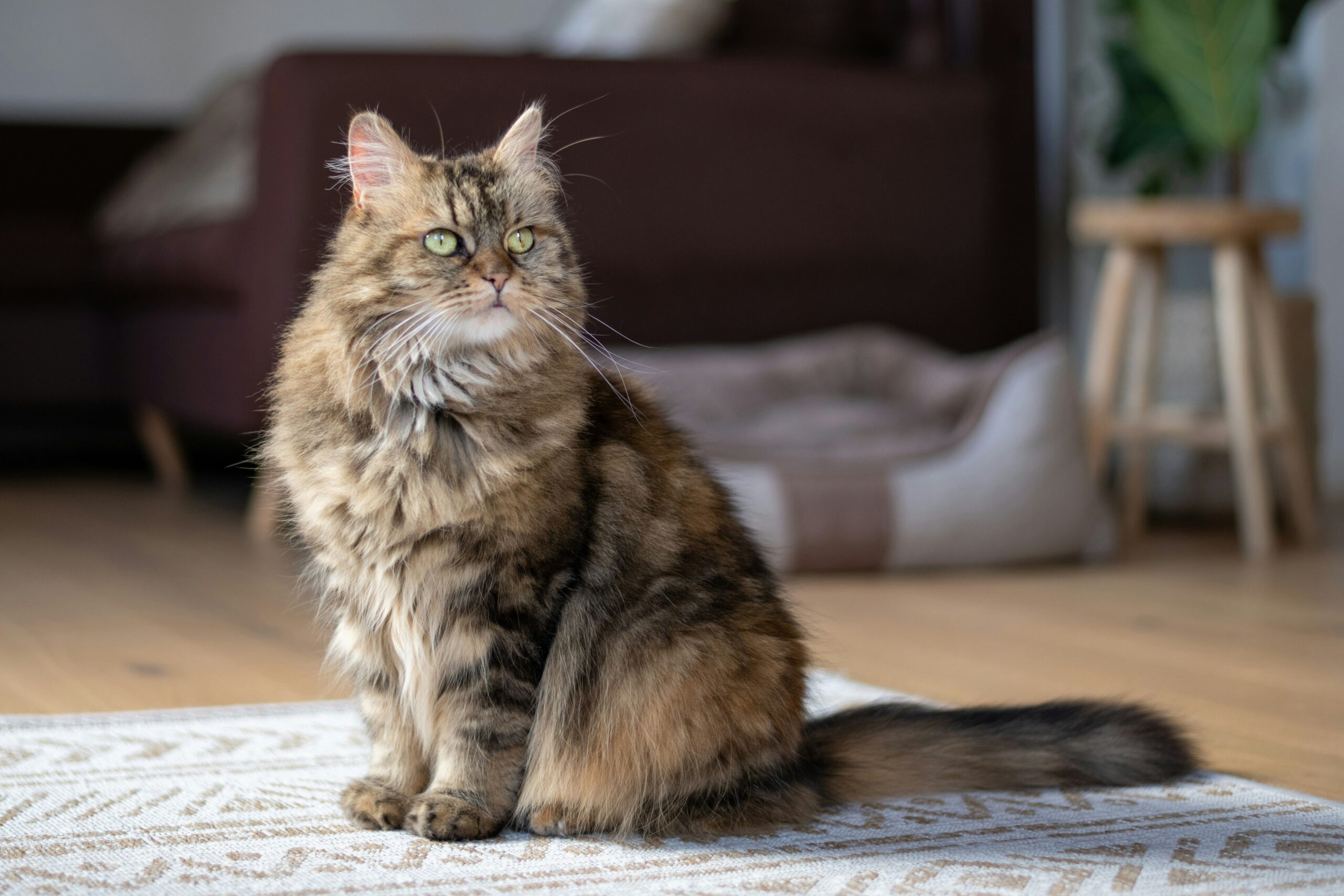
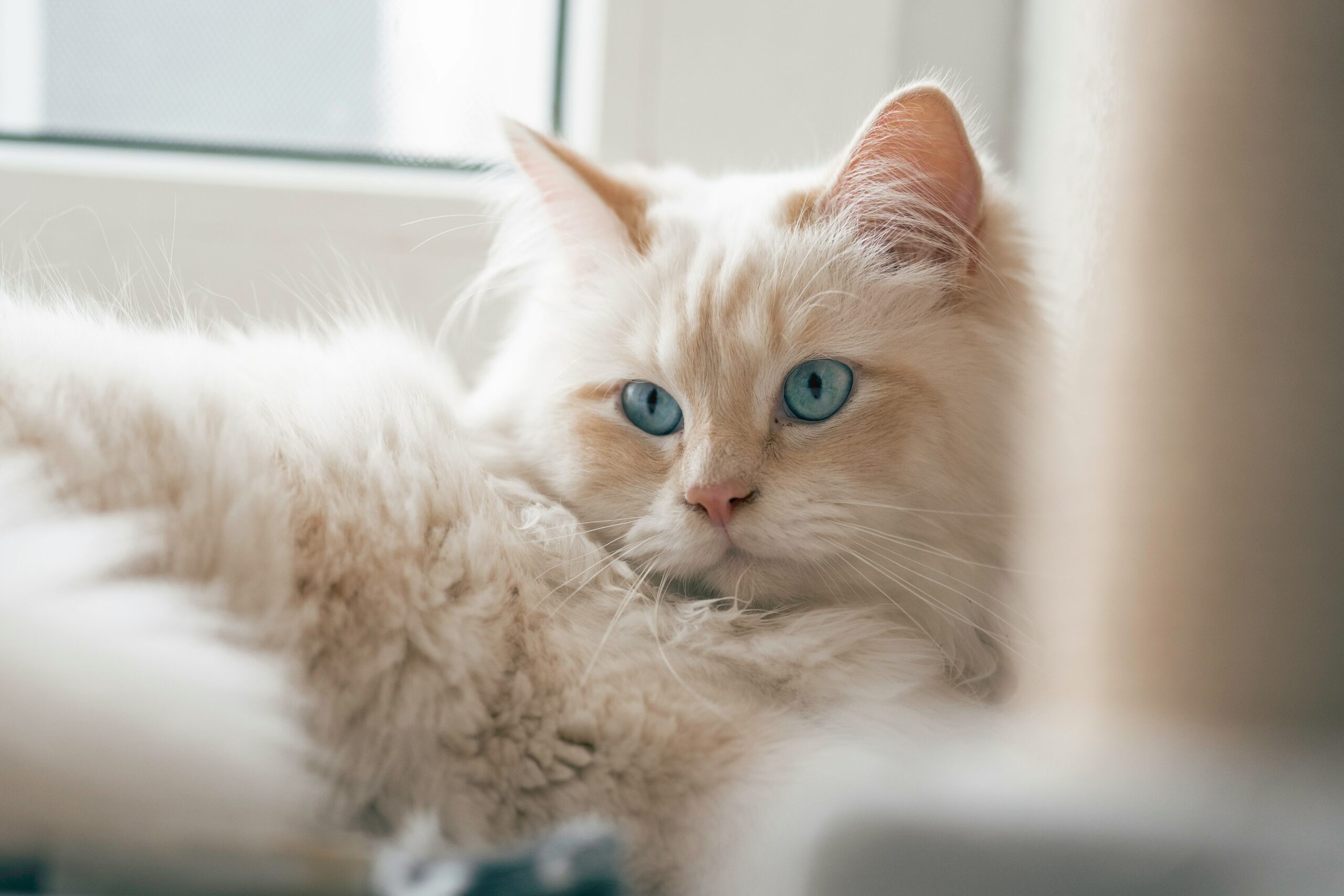
Leave a Reply